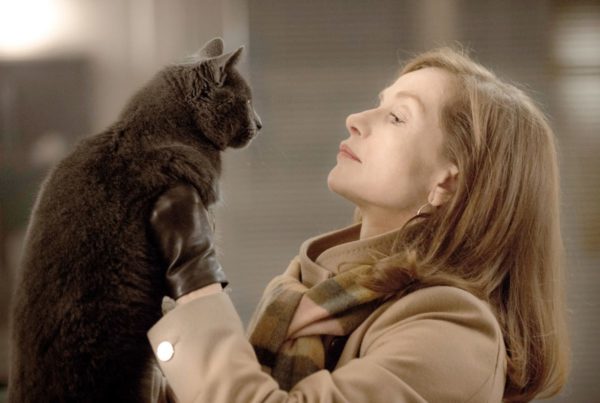
Elle is one of the most daring, confronting and thoughtful films of 2016. Some might find it hard to believe that director Paul Verhoeven, known for Basic Instinct (1992) and Showgirls (1995), was behind such a film as Elle. It is antithetical in style and substance from these predominantly exploitative, blunting films. That is, Verhoeven takes a much more nuanced, considerate approach with Elle as compared to the rest of his filmography.
In many ways, Elle highlights to us the considerable talent of Verhoeven, and his ability to stray away from his comfort zone. Although Verhoeven proved himself with such films as Robocop (1989), Elle has to be considered as one of his better films.
6. It is a well-balanced, powerful piece of filmmaking
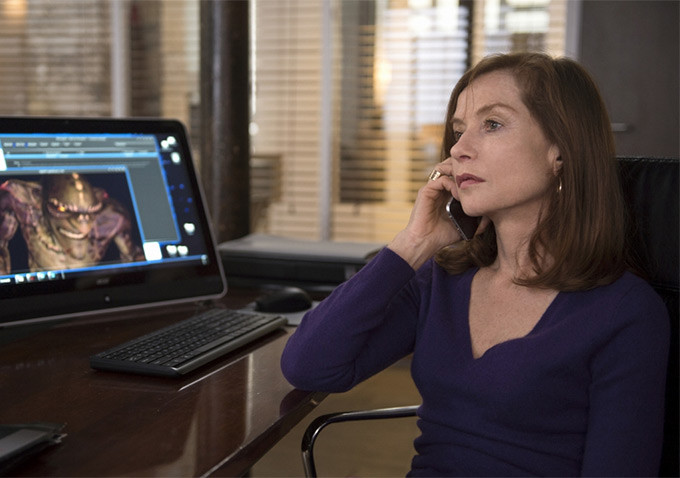
Elle is foremost a manifestation of powerful filmmaking. The film begins with the titular character, Elle (Isabelle Huppert) having just experienced a violent rape. We sit in darkness, only to hear the aftermath of it all. Our lack of visual access to this moment actually intensifies our shock and curiosity.
Moreover, Elle puts us right in Elle’s perspective, never allowing us any extra perspective. This means that we learn things as she does, and are confronted by the horror inherent in her past and in her ordeal with whomever is repeatedly raping her.
5. It is imbued with mystery
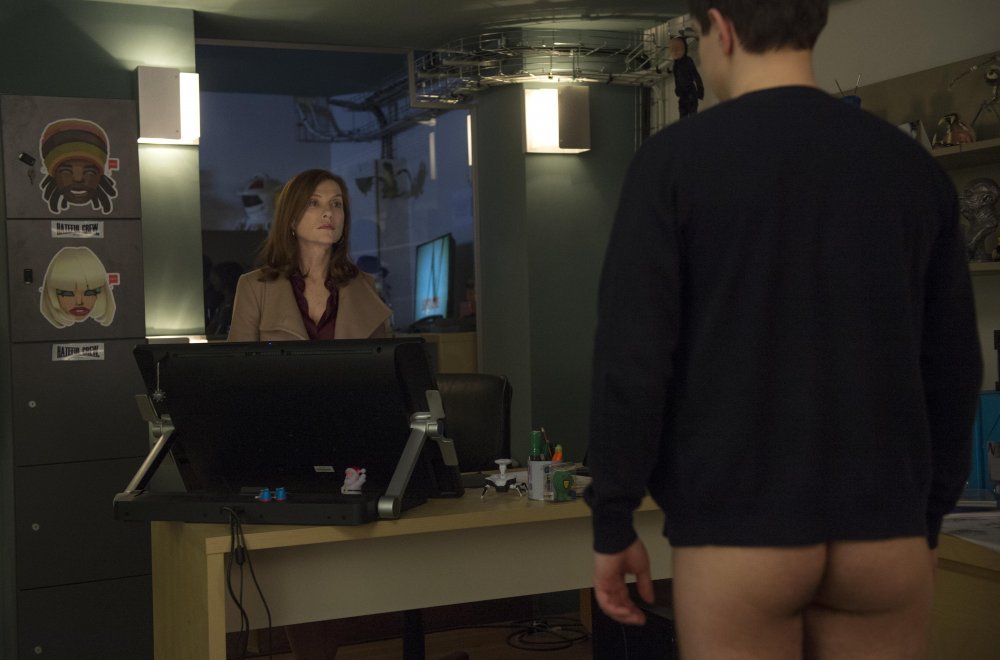
Elle is a film that is filled with mystery, only alleviated in the final moments of the film. The mystery emanates from the fact that Verhoeven never gives us the identity of the rapist. We are however given a shortlist of potential predators: Elle’s ex-husband, a man with whom she is having an affair, and an amicable nearby neighbour.
As asserted in the above point, we come to know things as Elle herself does, which ensures that the narrative carries significant suspense and tension. Beyond that, the mystery elucidates an important point- that the fact that any of these men, who appear to be upfront and reasonable, could be the rapist proves that masculine sexuality is fraught, and not to be trusted.
Moreover, the mystery helps to uphold the film, and give its narrative a much-needed spark. Without it as a narrative device, Elle would have run the risk of underwhelming us. Instead, Elle draws us in through mystery, in conjunction with its elaborate exploration of ideas concerning relationships, identity and sexuality.
4. Elle is not exploitative, but considered and insightful

Paul Verhoeven is a technically gifted director, but he hasn’t always utilised his talents in the most productive ways. Some of his films, mentioned in the introduction, are plagued by unending exploitation. Rather than deal with ideas in a serious way, these particular films exist only in a vacuum where females are sexual objects, and the reality in which it takes place is seemingly one-dimensional.
Thankfully, Elle strays away from this kind of sensibility. Perhaps pursuant to European arthouse cinema, Elle takes a much more cerebral, human approach to the subject matter presented. Even though Elle is centred around a series of rapes, Verhoeven doesn’t merely use them as cheap fodder.
Instead, he deals with the psychological consequences of them on Elle, and her subsequent reactions. The scenes are indeed violent and confronting, but the thing that separates them from other Verhoeven efforts is the fact that it is laden with ideas and themes.
Perhaps the most important thing to come out of these scenes is the complexity with which Verhoeven deals with it. He acknowledges the strangeness and horribleness of the whole thing, but also charts Elle’s experience of it in a human, unique way. Her reactions are anchored in a reality that she exists in, and draws off her personality and past experience.
3. The theme of salaciousness is presented powerfully
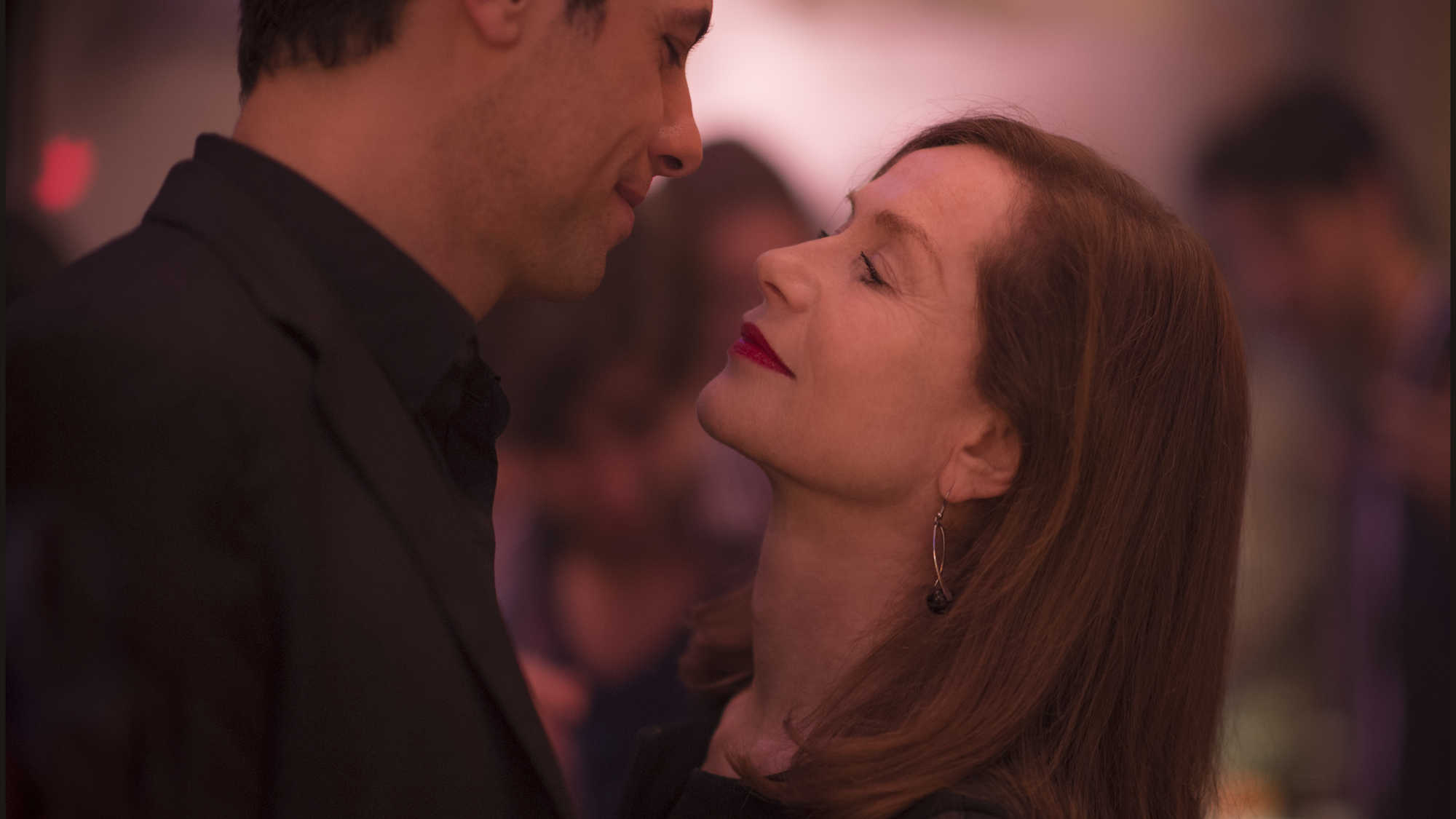
It is no secret that Verhoeven is supremely interested in sexual identity and its allure. His past films demonstrate that, and Elle is another manifestation of it. As one would know by now, the whole film centres around it. However, in this French realm, sexuality is hidden and buried in normal interaction and conversation.
Only does it manifest in the privacy of empty houses and dark spaces. Nonetheless, it is depicted as a living organism; something that must be satiated and engaged with. This perhaps explains the need for the rapist to come back for more, and for Elle not to report, or seriously rebuke the rapist.
The salacious elements of the film are shown to be secretly overwhelming for all the characters, but in a sordid, complicated way. It is as if their compulsions are seriously unhealthy, but still essential to their existence. At the same time, it represents an outlet for the characters, who otherwise live conventional, banal lives.
Verhoeven tackles the issue with taste, but also does not shy away from doing this truthfully and powerfully. Undoubtedly, this is his best presentation of sexuality in his films.
2. Strong yet flawed female lead
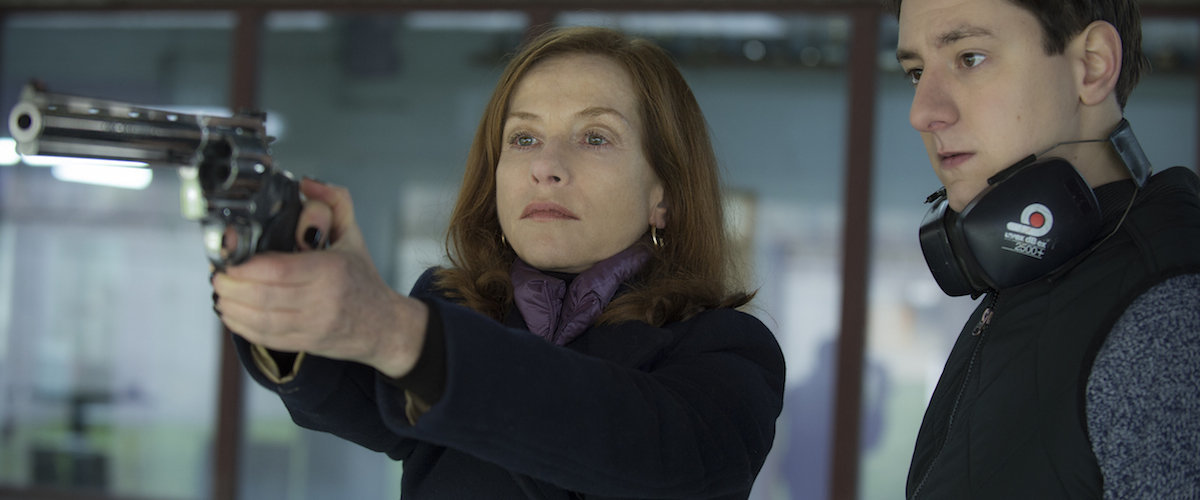
Elle, on the surface, is a hard-working, friendly kind of woman. The kind of person that is intelligent, approachable and pleasant to be around. She has a successful career, and has many male suitors. Huppert plays this side of the character triumphantly, portraying Elle as a kind of ideal woman.
However, this is not all of it. Elle is also carrying the burden of having a father who was a malicious killer, and it is shown to us that this is a great burden indeed. Moreover, Elle is not quite content with her existence, and clearly has serious problems with her self-identity and her engagement with sexuality. This is exemplified through the fact that she does not report the rapes to the Police.
Despite claiming that this is because she had bad experiences with Police during her father’s crimes, Verhoeven implies that it is more complicated than that. Indeed, this fact does play a part, but Verhoeven also asserts that Elle is a fragmented, troubled person. Huppert is irrepressible when depicted the character’s more troubled side, fully and engagingly forcing us to confront an ugly truth about Elle and humanity more generally.
Surely, Huppert should be up there in the 2017 Oscar assessments.
1. It works within the framework of European arthouse cinema
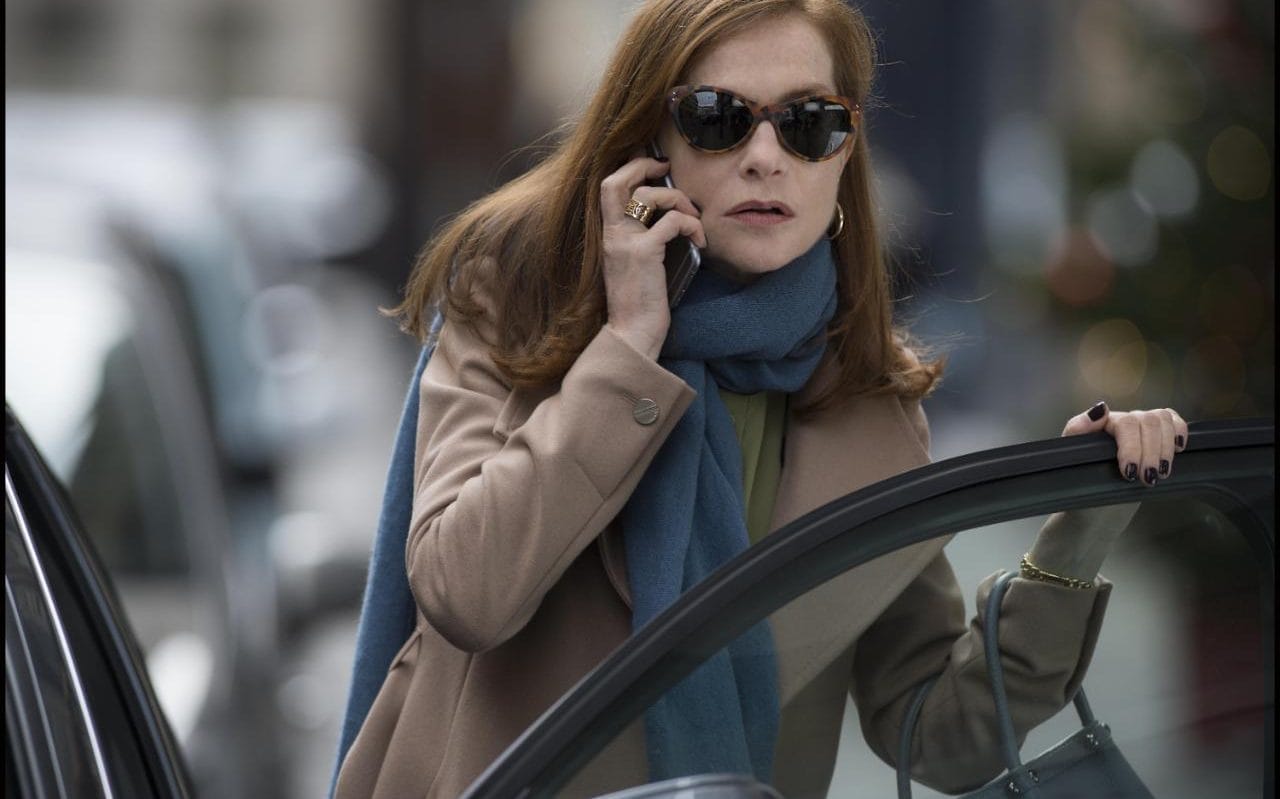
It is worth mentioning that Verhoeven is from the Netherlands, even though the majority of his films have been made and set in America. Elle evidently departs from this, as it takes place in France. More important, Verhoeven’s previous work is distinctly understandable within a stringent Hollywood framework; whereas Elle is a film made in the conditions of European arthouse cinema. Accordingly, this film is much more different, and nuanced, compared to much of his filmography.
This is evident in a number of ways. Firstly, the use of camera conforms to European arthouse cinema through long takes, which help scrutinise Elle and the characters in the film. Similarly, the editing is sparsely used, and it operates rhythmically to maintain relatively slow pacing. This allows Verhoeven to primarily examine the context and characters of the film, preferring that over quick progression of plot and big set pieces.
The tone that presides over Elle is significantly in line with what is expected of European arthouse. It is one of contemplation. The tone of the film- created through all the disparate cinematic elements- is a major factor in defining the makeup of Elle. It is absolutely critical to its success.